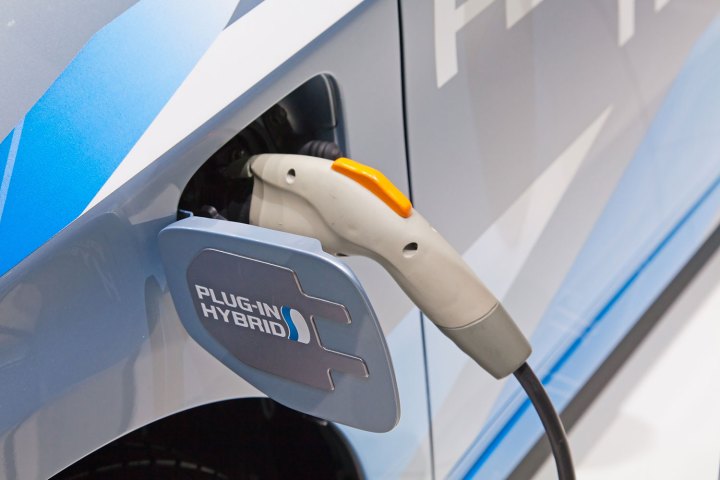
A wide and dense network infrastructure of electric car charging stations is absolutely essential to the dreams and intentions of car manufacturers, government regulators, and anyone else hoping for the shift from fossil fuel dependency. Thursday’s expansion by the federal government of a $4.5 billion guaranteed loan program to support large-scale deployment of electric vehicle charging facilities and other actions in support of EVs is a big step in that direction.
The federal action took place just after this week’s U.S. Department of Energy’s first Sustainable Transport Summit. Six additional announcements supporting electric vehicle development were made. A new FAST Act process will identify zero-emission and alternative fuel corridors to determine where it makes the most sense to build out the fast-charging infrastructure.
The feds are also calling on local, county, and state governments to procure electric-powered fleets. The DOE will publish a guide to federal programs for funding, financing, and providing technical assistance for e-vehicle and charging stations. There will also be an “Electric Vehicle Hackathon” to discover, share, and develop new charging solutions.
Thirty-five businesses, nonprofits, universities, and utilities signed the DOE’s Workplace Charging Challenge to provide charging access for their employees. And last, nearly 50 utilities, vehicle manufacturers, charging companies, states, and organizations signed up to collaborate on building out the electric vehicle infrastructure. The collaboration agreement is called the “Guiding Principles to Promote Electric Vehicles and Charging Infrastructure.”



